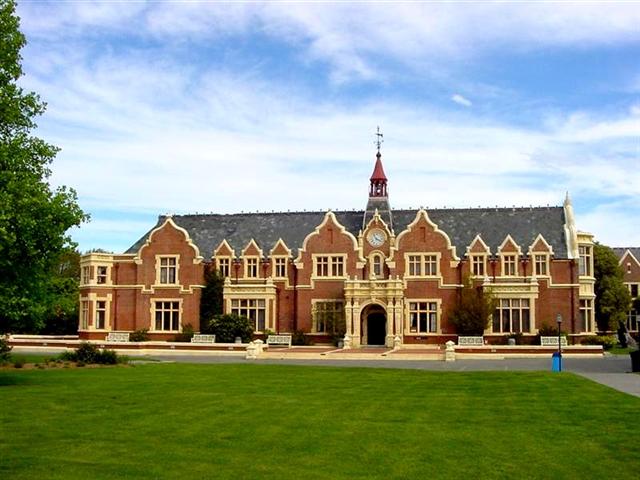Students from Lincoln University’s partner universities in the Euroleague for Life Sciences (ELLS), an exclusive network of leading European universities, were getting a different perspective of New Zealand farming recently.
The master’s-level interdisciplinary student group travelled to Lincoln’s Mount Grand station and the Lake Hawea area of Central Otago.
From Czech University of Life Sciences, Prague University of Copenhagen, University of Hohenheim, and University of Natural Resources and Life Sciences, Vienna, as well as other partner institutions, they were taking part in a summer course to investigate alternative agri-environmental farming systems.
ELLS was established to promote educational collaborations in fields such as animal, agricultural, food and environmental science; ecological engineering; natural resources management; and landscape architecture and spatial planning.
Alternative high country sheep farming futures for Mount Grand, a 1600 ha sheep station located in the High Country in Central Otago, were investigated.
Professor Alison Bailey and Dr Wendy McWilliam accompanied the group and reported that the students gained an understanding of the station and were tasked with finding and evaluating alternative ways to improve its economic, socio-cultural and environmental sustainability and resiliency.
They scaled Mount Grand to explore key areas of existing indigenous biodiversity and explored alternative options such as the addition of cherry farming, a vineyard and winery, tramping hut, mountain biking, horse trekking, restaurant, wedding venue, canyon swing, trophy hunting, Manuka honey production and lavender farming.












